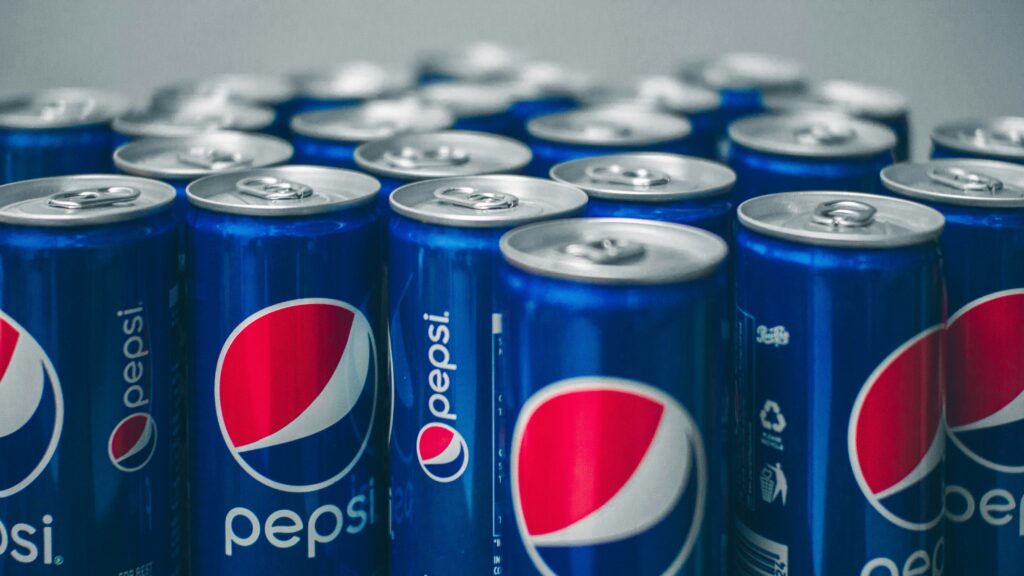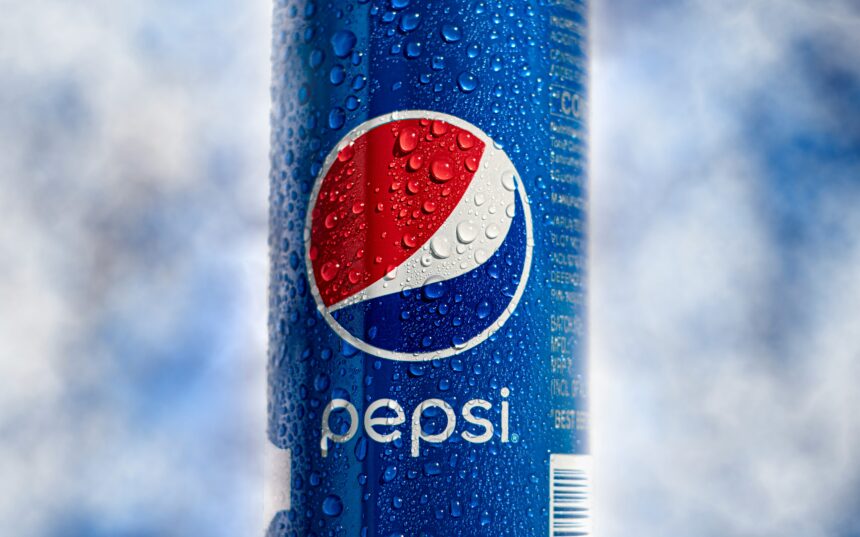PepsiCo Inc. (PEP), a global leader in food and beverages, is addressing consumer concerns about shrinkflation by increasing the volume of its popular Tostitos and Doritos chip bags.
This comes after the company faced backlash for reducing product sizes without adjusting prices. With consumers already grappling with inflation and higher borrowing costs, PepsiCo is making a strategic move to add value and regain consumer trust.
Check this out: Financial Strength Positions Walmart for Success

PepsiCo Adds Extra Doritos as Part of Value-Driven Strategy
In its latest earnings call, PepsiCo CEO Ramon Laguarta highlighted the company’s decision to boost the size of select chip packages by 20%, alongside adding extra bags of Doritos to multipacks.
This initiative comes after a surprising revenue dip in Q3, driven by weakened consumer spending on premium snacks and sodas. Faced with intense competition from private-label brands, PepsiCo is recalibrating its strategy to offer more value to customers without raising prices.
The concept of shrinkflation, which refers to decreasing product sizes while maintaining or increasing prices, has been a growing issue for major brands during periods of rising inflation.
PepsiCo, which owns Frito-Lay and other snack brands, faced significant criticism, especially from European retailers like Carrefour, who pointed out reduced volumes in products such as Lipton Ice Tea, with some reductions accompanied by a 40% price hike per liter.
Larger Chip Bags Signal PepsiCo’s Effort to Regain Market Share Amid Criticism
PepsiCo’s decision to reverse shrinkflation could be seen as a strategic response to declining consumer confidence. The cumulative effects of inflationary pressures have pushed consumers to seek more affordable alternatives, opting for private-label brands over established names like PepsiCo.
This change in consumer behavior presents a unique challenge for the company, which now must differentiate itself not only through branding but also through tangible value offerings.
This move by PepsiCo ties into broader market trends, particularly in the consumer goods sector, where companies are under pressure to maintain margins while responding to shifting consumer demands. By increasing the volume of its products, PepsiCo aims to restore customer loyalty and stay competitive in an increasingly price-sensitive market.
While PepsiCo’s decision to add more chips to its products brings positive changes for consumers, it’s important to consider how this move might affect the company’s financial performance.
Balancing rising production costs with customer satisfaction is a delicate task. For investors, this could mean some short-term pressure on profit margins, but it also offers the potential for long-term gains by maintaining or even expanding market share.
As the industry increasingly shifts towards value-driven offerings, PepsiCo’s ability to adjust to these changes will be crucial for its future growth.
Looking ahead, investors should pay close attention to how this strategy influences consumer spending, especially as inflation continues and more people turn to private-label brands.
PepsiCo’s ability to respond to these inflationary pressures will likely play a key role in shaping its pricing strategies, impacting both consumer perception and investor confidence going forward.
Read also: 10-Year Treasury Yields Soar as Retail Sales Beat Forecasts and Trump Media Rises 57% Amid Election Hopes and Musk’s Funding.












